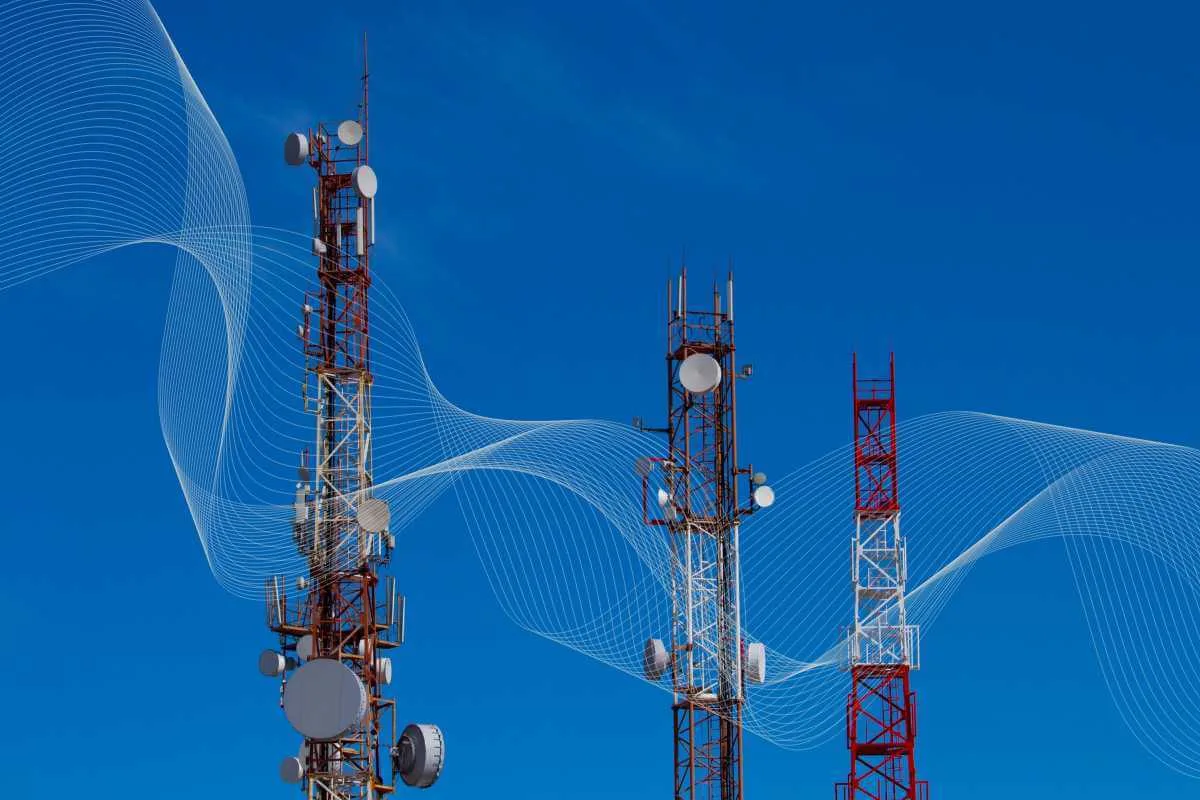
The Prime Minister's Office (PMO) has reportedly directed the Department of Telecommunications (DoT) to enforce mandatory biometric Aadhaar verification for all new mobile connections across India. The move is aimed at preventing misuse of telecom resources and ensuring stricter compliance among SIM card sellers, according to a report by ET.
Also Read: India to Promote Cheap Data Rates, 5G Expansion to Attract Global Investments: Report
AI and Digital Intelligence Platform
The directive, issued during a recent telecom sector review meeting, calls for stern action against vendors flouting the rules. The DoT, leveraging AI-based tools, is working with law enforcement agencies (LEAs) to identify and penalise offenders, according to the report.
"The DoT was told to ensure that no SIM card be issued without biometric Aadhaar verification and was also asked to closely collaborate with law enforcement agencies (LEAs) to penalise mobile fraudsters," the report quoted a person familiar with the discussion.
Using AI-based Tools
"The DoT is working in close coordination with all national LEAs as well as those in the states. Digital intelligence generated through various AI-based tools are being shared with LEAs through the Digital Intelligence Platform (DIP)," a senior telecom department official was quoted as saying.
The DIP, a secure system for real-time information sharing on telecom misuse, supports swift action against fraudulent mobile connections. Investigations revealed that multiple SIMs linked to single devices were being exploited for cybercrime and financial fraud.
Also Read: Telecom Operators Must File Tariffs with TRAI Within 7 Days of Launch
Crackdown on Errant SIM Card Sellers
"Errant SIM card sellers are being closely analysed and information is shared for initiating action via telecom operators and LEAs against such sellers. As many as 365 FIRs across India have been lodged against the errant SIM card sellers," the DoT official cited said, as per the report.
By the end of December 2024, over 26.7 million mobile connections were disconnected based on citizen complaints from the Sanchar-Saathi portal, AI analysis, and data shared via the Digital Intelligence Platform (DIP).
The DoT has also integrated AI tools to detect mobile connections obtained using fake documents. Fraudulent connections and associated devices are being deactivated to curb abuse.















